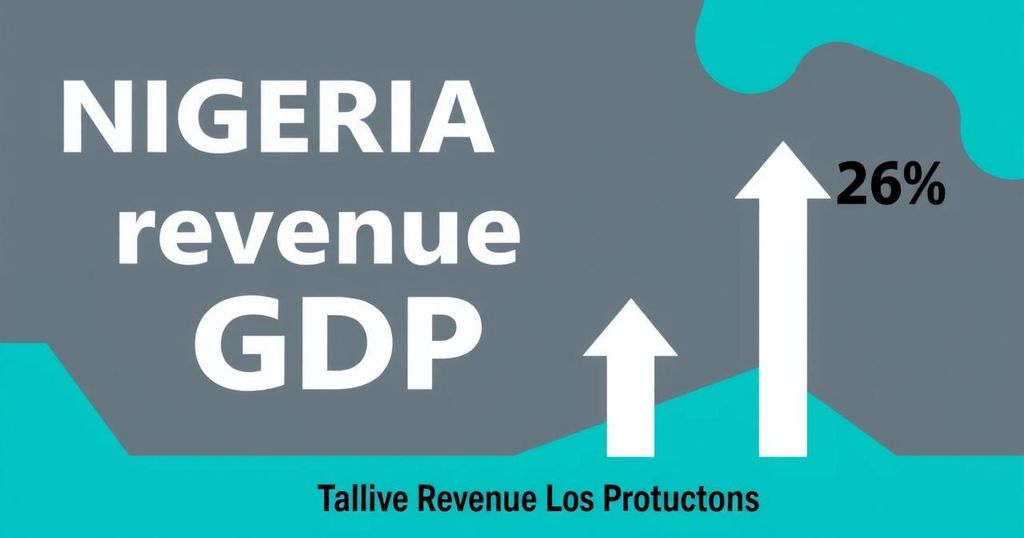Proposed Taxes on Cryptocurrencies and Plastics to Fund Climate Action
At COP29, proposals emerged for new taxes on cryptocurrencies and plastics to address climate change, potentially raising USD 41 billion annually. Led by the Global Solidarity Levies Task Force, these measures aim to support impacted nations, with Barbados Prime Minister Mia Mottley emphasizing the need for systemic change in funding climate initiatives. Additionally, suggestions include taxes on billionaire wealth to assist climate financing.
At the recent World Climate Change Conference (COP29) in Baku, discussions highlighted not only the global climate aid fund but also new measures such as taxes on cryptocurrencies and the plastics industry aimed at addressing climate change, particularly in the Global South. The Global Solidarity Levies Task Force proposed that these taxes could generate approximately USD 41 billion annually. This initiative, steered by nations including France, Kenya, and Barbados, emphasizes creating an inclusive and equitable international system to support countries severely impacted by climate change. Prime Minister Mia Mottley of Barbados remarked on the potential of these levies, suggesting they could contribute to raising up to USD 690 billion yearly, especially with additional taxes on fossil fuel extraction and global financial operations. Mottley stated, “We must change the rules of the game, shock-proof vulnerable economies, and indeed, review debt sustainability while augmenting resources.” Regarding cryptocurrencies, the Global Solidarity Levies Task Force proposed implementing taxes on financial transactions involving Bitcoin and Tether, potentially permitting a collection of USD 15.8 to 323 billion annually, as per a report from the International Monetary Fund (IMF). The task force also suggested a tax on Bitcoin mining, which consumes substantial electricity, aiming for a levy of USD 0.045 per kilowatt hour, likely to generate around USD 5.2 billion annually. However, the inherent anonymity of cryptocurrencies presents challenges in tax collection, particularly in regions lacking regulatory oversight. Additionally, a tax on plastics has been proposed, suggesting a levy of 5 to 7 percent on the final price, referencing a potential annual revenue of USD 25 to 35 billion. This strategy would encourage a transition to environmentally sustainable practices by reducing the price gap between virgin and recycled plastics. Nevertheless, the task force’s broader goal is to transition climate finance from voluntary contributions to more systematic and equitable funding mechanisms. They also suggested a new 2 percent global minimum tax on billionaire wealth, a portion of which would be dedicated to support climate initiatives.
The discussion at COP29 focused on innovative financial mechanisms to combat climate change, particularly through taxation. The Global Solidarity Levies Task Force presented a framework to impose taxes on high-polluting sectors, notably cryptocurrencies and plastics, to generate substantial funding for climate solutions. This approach aims to support vulnerable economies and ensure that funding mechanisms for climate change are structured, fair, and impactful. By doing so, the task force hopes to alleviate the financial burden on developing nations and enhance global climate resilience.
The discussions at COP29 underscore the critical need for innovative financing mechanisms to bolster climate action, particularly in developing regions. The proposed taxes on cryptocurrencies and plastics represent a strategic approach to raise substantial funds, potentially amounting to USD 41 billion annually. These measures could facilitate a transition towards sustainable economic practices while ensuring that climate finance becomes a systematic and fair part of international efforts to combat climate change. The overarching goal is to create resilient mechanisms that equitably distribute resources to those most affected by the climate crisis.
Original Source: www.ipsnews.net




Post Comment